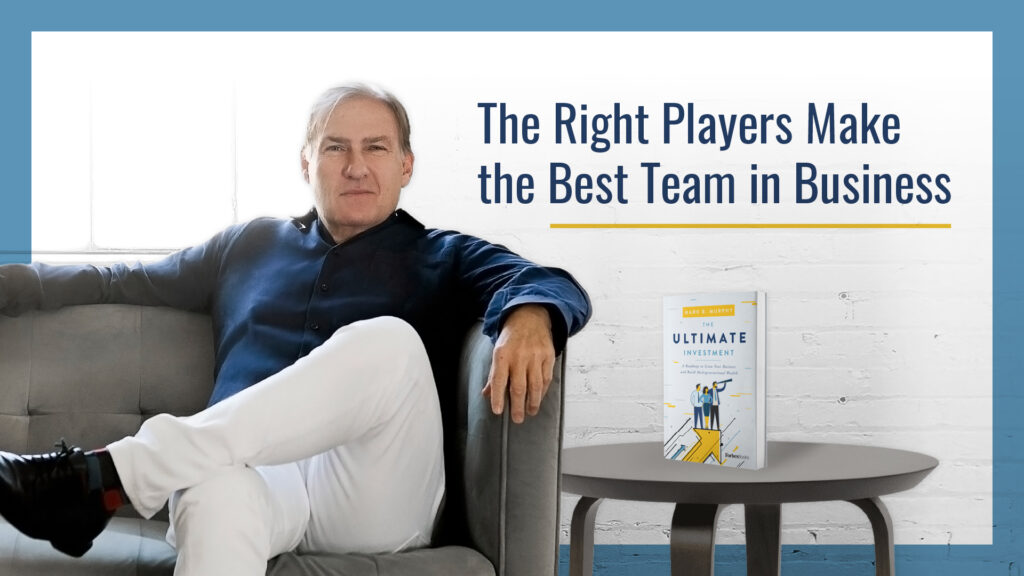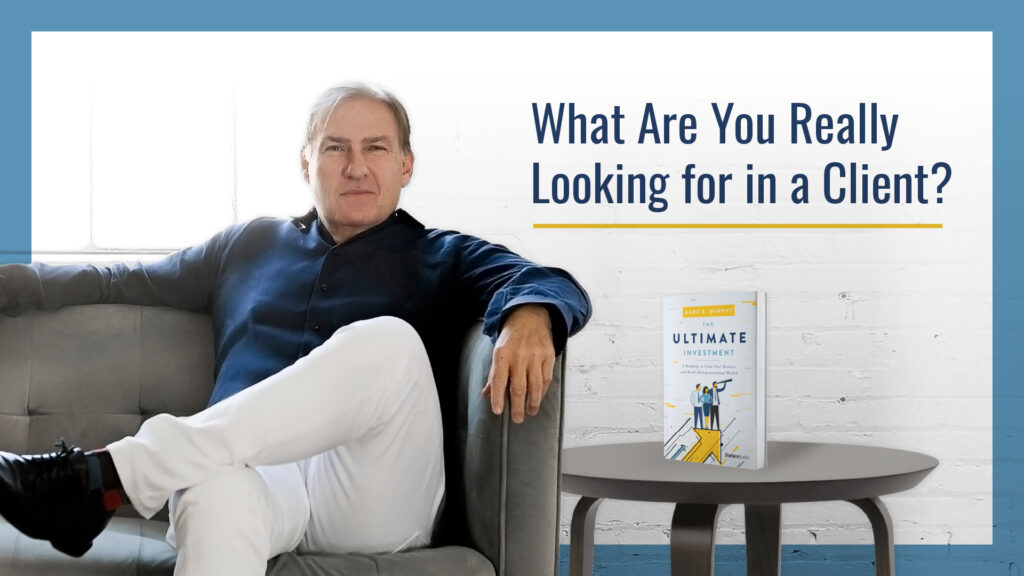It never ceases to amaze me how ill-prepared people can be. Whether it’s an illness, finances, or a family matter, people so rarely spend time preparing for the pitfalls in life. Of course, no one wants to spend their life worrying about going bankrupt, getting divorced or sued, or dying. Nevertheless, plans should be made to prepare for such occurrences.
Entrepreneurs especially need to prepare for the unexpected. After all, entrepreneurs are some of the people most susceptible to downturns because it’s their skin in the gain. When business sours, the capital on the line is generally theirs.
Yet, instead of “ready, aim, fire,” as the saying goes, so many entrepreneurs constantly operate in the chaotic “fire, aim, ready” mode. They act, then prepare themselves, then scramble to fix things when everything doesn’t go the way it should. They put all their energy and effort into reactionary tasks instead of delegating to staff or collaborating with other experienced professionals.
Let’s say, for instance, that I want to decorate my house. In ready, aim, fire mode, I would search for decorators, aim by hiring the best for the job, and then fire by hiring them to execute on the vision for my home—I want them because they’re the best at what they do, and because I can then get back to concentrating on my own area of expertise.
Entrepreneurs aren’t the only ones who should plan for the worst. Everyone should plan—the self-employed, business owners, employees, investors, any of us and all of us. I saw the impact of the unexpected in 2001, when I was living in Summit, New Jersey. After the World Trade Center was attacked, I saw a dozen cars in the train station parking lot remain there day after day, reminders that some young, affluent Wall Street families were receiving the worst news of their lives about the loved ones who had parked those cars. After losing the breadwinner, those families would be forced to leave behind their homes, condos, neighborhood—forced to alter their lives in ways that proper planning could have helped mitigate.
Too many people forgo having the proper legal work in place to help their loved ones after they are gone. Similarly, people get married and go into business agreements without a clear understanding of both parties’ expectations. Without integrated legal documents, asset protections, and the proper ownership agreements in place, without a will or trust or enough asset protection, they are exposing their families and staff to creditors and lawsuits. There’s never a good time to save money on accounting, legal advice, or insurance; proper planning today will save headaches—and worse—tomorrow.
What you need is what I call your “Kitchen Cabinet.”
Your “Kitchen Cabinet” and Preparing for Punches
Rather than wait until the money and time are right, it’s important to assemble the best team for your needs in the moment. When I was in my thirties and my business was new, I my best advisors were great business developers. In my forties, with my business growing, I sought out a good lawyer. In my fifties, as I realized that my successful business needed its leader to be well and have energy, I surrounded myself with the best doctors. These professionals comprise what I call my “Kitchen Cabinet,”—respected experts who I trust to give me the right advice when I need it most.
Who have you assembled around you that you not only respect but also fully trust? Who can give you the right advice when you need it most? Now, I get it; some people don’t ever fully trust someone else to take care of certain needs. Maybe they’re just too busy to seek out the right person, maybe they’ve been burned before, maybe they’ve just not great at long-term relationships. Whatever the reason, they don’t assemble a team to help them navigate hurdles and downturn in business and in life.
As a result, they’re left to deal with challenges they come. Instead of anticipating what’s ahead, they have to juggle their business and deal with life’s punches when they least expect it. Divorce, illness, losing a loved one, a pandemic, inflation, a recession—basically, the things they don’t ever think about when they’re in the trenches of their business.
But by employing some basic but effective strategies, your assets can be protected from unpleasant surprises that are often unavoidable. When you prepare for the unexpected, you are empowered to survive some of the darkest storms. Certainly you won’t be able to anticipate every circumstance, but begin prepared can soften the blow, help you survive somewhat intact, and come out stronger on the other side. With asset protection, you’re essentially paying for success in advance.
One of the keys to life is making sure that your future is bigger and brighter than your past, but if you let a setback take you down, you can’t make that bigger, brighter life. We all know someone who never quite recovered from an adverse event. Maybe it was an entrepreneur who was so caught up in being fire, aim, ready, that they worked themselves to death.
As a financial advisor and critically thinking key business strategist, I can help you anticipate and prepare for the ups and downs of building a business. It’s a little like a coach of a sports team; they don’t just win games on game day, they win games in practice sessions weeks before the actual event. By preparing physically and mentally for whatever may come your way, you can get through or around hurdles as they come, and then get on with business.
True, nothing replaces hard work, particularly for an entrepreneur. But in addition to putting in the hard work, a healthy dose of confidence and a strong mind will take you even farther. Entrepreneurs need to think about how to get paid from the work of others and how to delegate work to obtain leverage. Shifting your mentality to getting paid for what you know, not just what you do, you shift from owning a job to owning a business.
Think of it in terms of retirement. Most people in physical blue-collar roles retire after twenty-five years because they can’t scale their jobs—a fireman, for instance, can’t keep climbing ladders and running through burning buildings into old age. But a psychiatrist, for instance, may hit their power peak well after retirement because of their insights used by others that continue to power mental wellness in patients. Similarly, entrepreneur’s ideas can keep paying them well after they’ve left the daily grind. And when you’re getting paid for what you’ve created, you shift from owning a job to owning a business and then into being an investor, and that’s when the real excitement begins.
As a financial advisor and business strategist, my job is to ensure you don’t remain fire, aim, ready. My team and I will help you move from buying a job to owning a business, to getting paid for your intellectual property so you can build wealth and don’t have to work one hundred hours every week.
We can help you get to that ready, aim, fire state that you need to be in to excel in business and life, and to get through tough times with a quiet, steely confidence that you’re going to be able to accomplish your goals.









